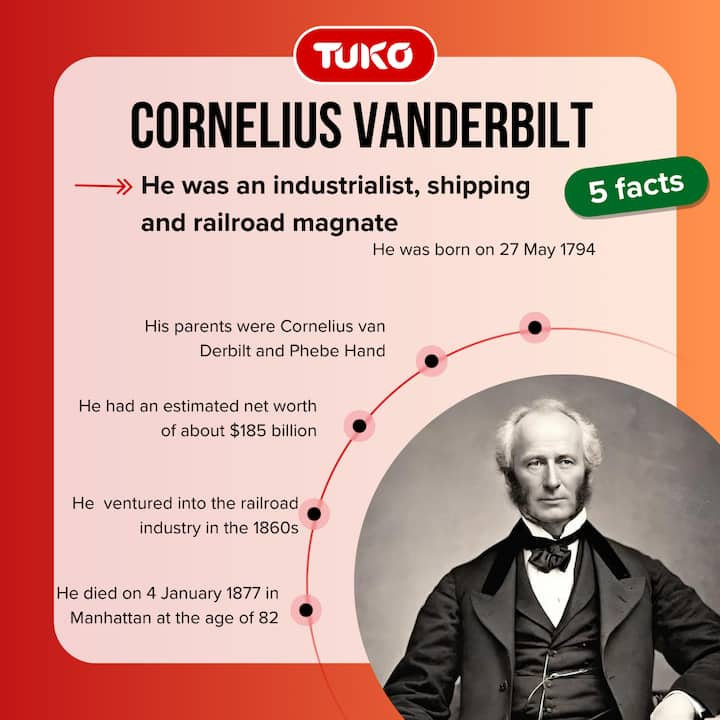The Truth About Vanderbilt's Treatment Of Workers: Ruthless?
Did Cornelius Vanderbilt, the titan of industry, truly build his empire on the backs of exploited laborers? The historical record suggests that Vanderbilt's treatment of his workers was often harsh, reflecting a ruthless ambition that prioritized profit above all else.
Cornelius Vanderbilt, a name synonymous with American industrial might, amassed a staggering fortune during the 19th century through shipping and railroads. But behind the glittering facade of his success lies a complex and often troubling narrative of labor practices. While some accounts portray him as a shrewd businessman who provided employment opportunities, others paint a darker picture of an oppressive employer who prioritized minimizing labor costs, offering low wages and demanding long hours under arduous conditions. This duality raises crucial questions about the true cost of Vanderbilt's empire and the human impact of his relentless pursuit of wealth.
| Category | Information |
|---|---|
| Full Name | Cornelius Vanderbilt |
| Birth Date | May 27, 1794 |
| Death Date | January 4, 1877 |
| Place of Birth | Staten Island, New York, USA |
| Nationality | American |
| Occupation | Shipping and Railroad Magnate |
| Net Worth (at death) | Estimated $100 million (equivalent to billions today) |
| Spouse(s) | Sophia Johnson (m. 18131868), Frank Armstrong Crawford (m. 18691877) |
| Children | 13 |
| Career Highlights |
|
| Business Philosophy | Aggressive competition, cost minimization, and consolidation of industries. |
| Legacy | Considered one of the wealthiest and most powerful figures in American history; his business practices contributed to the growth of the American economy but also faced criticism for their impact on workers. |
| Reference | Britannica - Cornelius Vanderbilt |
- Find Hindi Dubbed Movies Shows Online Your Guide
- Taurus Scorpio Friendship Compatibility Challenges More

Work and Business The Gilded Age Cornelius Vanderbilt

How did Cornelius Vanderbilt treat his workers leading to the railroad

How did Cornelius Vanderbilt treat his workers leading to the railroad